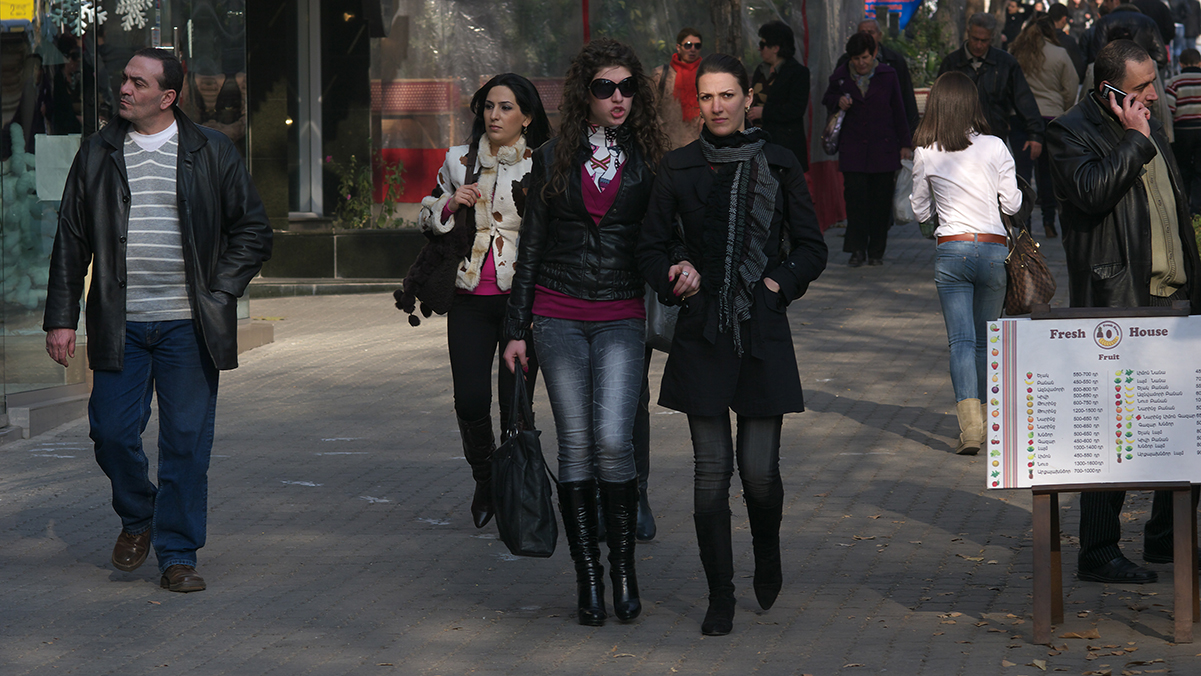“Armenian economy shows resilience” – PM Nikol Pashinyan
Economy of Armenia
Revenues of the state budget of Armenia in 2021 exceeded set goals by 147 billion drams ($334 million). Prime Minister Nikol Pashinyan made such a statement on May 31 during a discussion in parliament of the report on the implementation of last year’s budget.
According to Pashinyan, some changes in legislation brought additional income.
- Armenia to use Black sea trade route as alternative to Upper Lars checkpoint at Russian-Georgian border
- Mass departure from Armenia: why people are leaving and what could be next
- Is Armenia about to experience severe shortage of grain?
Nikol Pashinyan emphasized that when he mentioned changes in the legislation regarding revenues, he was referring “primarily to the export duty on copper concentrate, which brought about 24 billion drams ($54 million) of additional income to the budget”.
The Prime Minister recalled that in 2021, the economy was forecast to grow by 3.1%, but this figure turned out to be higher than expected – 5.3%.
“We have exceeded the revenue goals by 147 billion drams. What do we mean by “exceeded”? We mean that when the draft budget for 2021 was adopted, the revenue side was fixed. During the year, we collected more revenue than planned”, Pashinyan said.
“33% more taxes collected in 2021 vs 2017”
The prime minister explained that more taxes were collected because of the reduction of the tax rate, that is, the transition to a flat income tax:
“In 2017, 343,683,000,000 drams ($781,000,000) in income taxes were collected, when tax rates were incomparably high. In 2021, when we had a cut to 10% of the cap, we collected 459,000,000,000 drams (more than $1,000,000,000) in income tax – a 33% increase.”
In some cases, the state returns income tax to citizens. The most comprehensive program is the return of income tax on servicing a mortgage loan.
According to Pashinyan, within the framework of this program in 2021, the state returned 32,640,000,000 drams ($74,000,000), which is 1,250% more than in 2017. According to the Prime Minister, this means that people bought housing and the reforms carried out by the government have both economic and social significance.
“We are optimistic about 2022”
According to Prime Minister Pashinyan, although the economic situation in the world is tense, the Armenian economy is “demonstrating resilience”:
“According to the data of the first quarter, we have 8.6% of real economic growth, and according to the data of the first 4 months, we have an index of economic activity of 9.4%, which is a very optimistic indicator”.
According to the prime minister, despite geopolitical and domestic political problems, there was no economic “collapse” in Armenia, as the government “does not extort money from the economy”:
“On the contrary, we return as much money as possible. I want to emphasize the reduction of the shadow economy in conditions of a certain economic competition, which, in turn, is the result of overcoming systemic corruption.”
Pashinyan emphasizes that the economic situation in the world is tense and Armenia is not cut off from the world. And to ensure the 7% economic growth planned for this year, he instructed to focus on budget execution, especially on capital expenditures.
The head of government also has positive expectations regarding tax revenues. For January-May 2022, the government has set an income of 715,000,000,000 drams ($17 billion), which, according to Pashinyan, will be exceeded:
“We are confident that in the first five months we will exceed the figure originally envisaged in the state budget by 45 billion drams ($102 million). At the same time, we will collect 141 billion drams ($320 million) more than in the first five months of last year.”





















